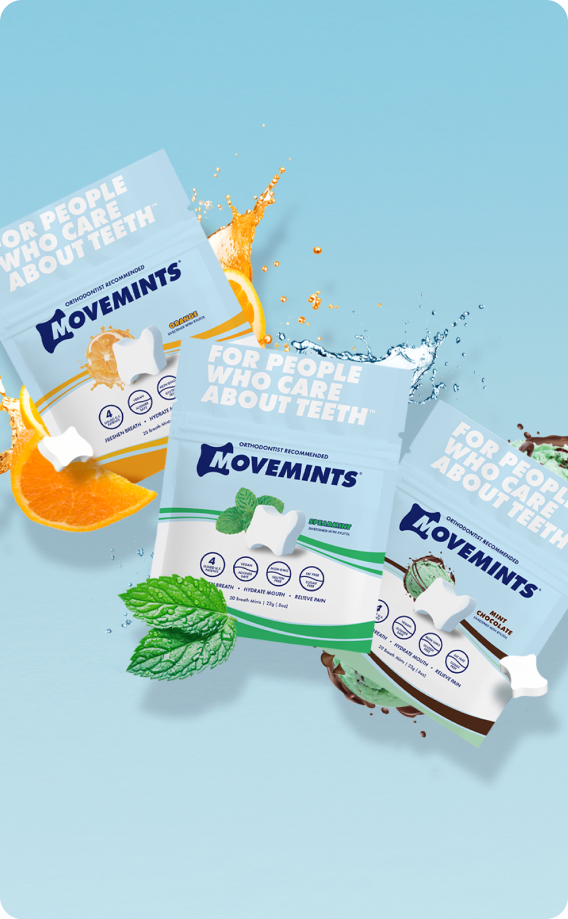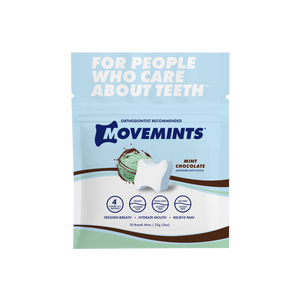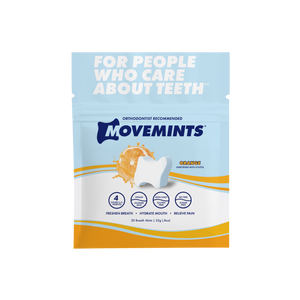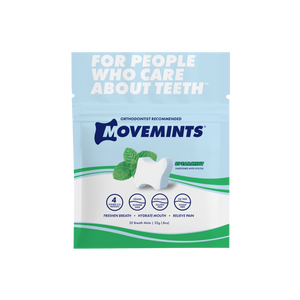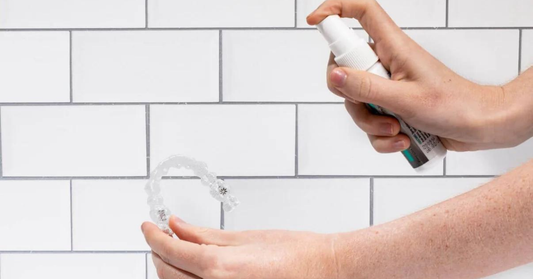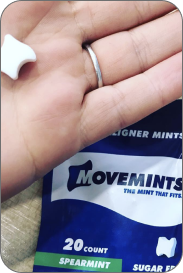Teeth whitening treatments have become an increasingly popular cosmetic dental procedure.
A radiant, pearly white smile can work wonders for self-confidence and physical appearance.
But once you put in the time, effort, and money to whiten your teeth, you want the results to last as long as possible. So, how long do the effects of teeth bleaching actually last?
This guide reveals the answer while exploring tips that help your pearly whites stay shining for longer!
What is Teeth Bleaching?
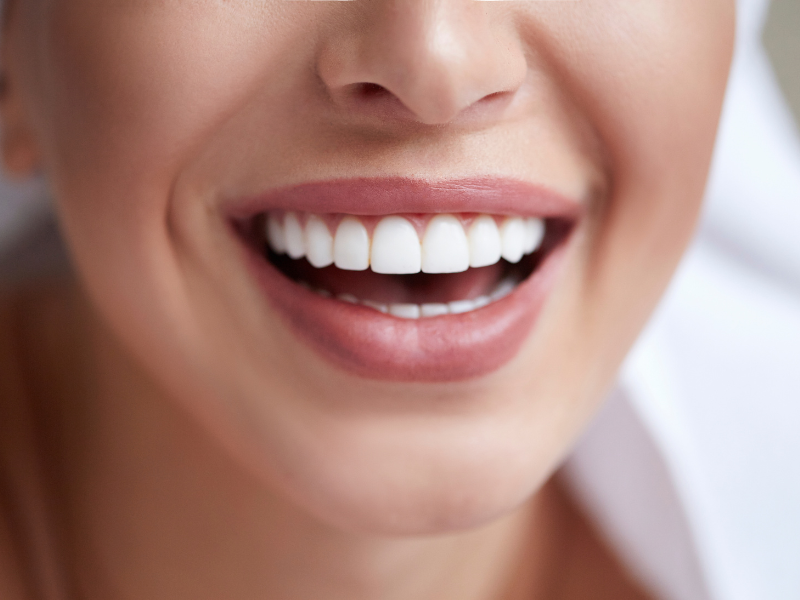
Teeth bleaching, or teeth whitening, is a procedure that lightens discoloration and stains on teeth.
It helps remove the stains that accumulate on the enamel from food, drinks, and lifestyle habits. It also helps remove stains that form underneath the enamel from medication use or trauma.
The most common active ingredients in bleaching products are hydrogen peroxide or carbamide peroxide. They help break down and lift surface stains.
For great results, you can go for professional treatment at a dentist's clinic or use over-the-counter products in the comfort of your own home.
3 Factors That Influence How Long Teeth Bleaching Lasts
Several things impact the longevity of teeth whitening results, including:
1. Individual's Oral Hygiene Habits
Proper dental care through regular brushing, flossing, and professional cleanings helps preserve whitening results by preventing new stains from accumulating. Avoiding tobacco products is also essential.
Those who neglect good oral hygiene habits may experience faster re-staining.
2. Consumption of Staining Foods and Beverages
Frequent consumption of staining foods and drinks like coffee, tea, red wine, dark sodas, and dark berries can compromise results.
Moderating intake and cleaning the teeth properly after consuming these items help prolong a bright smile.
3. Type of Bleaching Treatment Used
Professional in-office whitening produces longer-lasting results than most at-home bleaching kits from drugstores.
In-office treatments use higher peroxide concentrations under controlled conditions, leading to better longevity.
How to Maintain Your Teeth After Bleaching
Regular dental hygiene and touch-up treatments can help prolong your brighter teeth. Brush and floss thoroughly daily, get regular dental cleanings every six months, and use whitening products when needed.
This helps remove stains and prevents tooth discoloration.
Smilesaver™ Teeth Whitening Pen
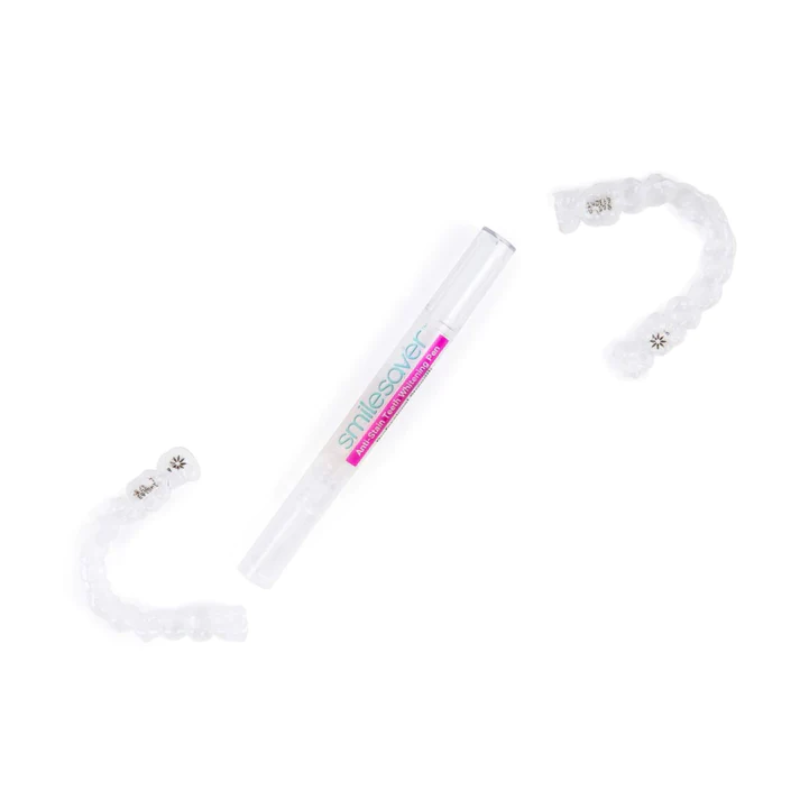
The Smilesaver™ Teeth Whitening Pen from our team at Movemints offers a simple, effective, and convenient approach to teeth whitening.
You can simply paint the solution onto your teeth, let it work its wonders, and uncover that whiter, brighter smile!
This handy accessory is an excellent choice for clear aligners or Invisalign users who want to maintain radiant smiles.
Being compact and portable, the Smilesaver™ Teeth Whitening Pen is easy to carry wherever you go.
Frequently Asked Questions
How often should I bleach my teeth?
The recommended frequency depends on the product. For professional treatments, annually is often enough for maintaining brightness. More frequent professional treatments increase sensitivity and irritation risks. When using over-the-counter whitening toothpaste, strips, gels, or kits, limit to 2-4 times yearly for 1-2 weeks. Follow the instructions carefully. Overuse can weaken tooth enamel over time. Consulting a dentist can determine the ideal touch-up frequency based on your teeth and goals.
Does teeth bleaching damage the enamel?
When used correctly, bleaching is generally safe for enamel. However, overuse of peroxide products can potentially weaken and damage enamel over time. Smilesaver™ Teeth Whitening Pen is a peroxide-free gel. Its formula is safe and professional strength, using 0.33% Sodium Percarbonate.
Can everyone bleach their teeth?
Most people can safely whiten teeth, but some may need additional precautions. Consult your dentist before bleaching if you have extensive dental work, braces/orthodontics, gum disease, sensitive teeth, or other oral health issues. Pregnant women, those who are breastfeeding, and younger teens should also talk to their dentist first. People with allergies, tooth decay, fillings, or other vulnerabilities should work with their dentist to determine appropriate products and precautions. With professional guidance, most people can comfortably and safely enhance their smile with teeth whitening treatments.



